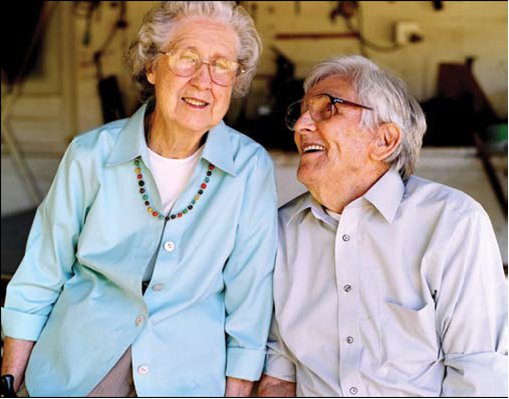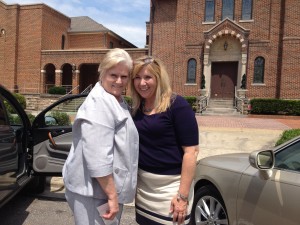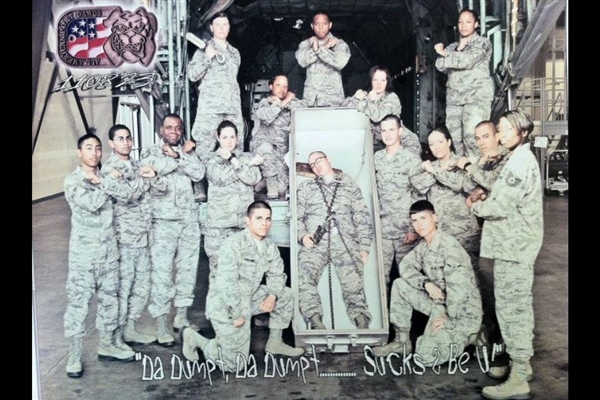 Here’s a little known truth – America has lost more troops to suicide over the past two years than to combat. In 2009, suicides among active duty personnel exceeded those killed in battle.
Here’s a little known truth – America has lost more troops to suicide over the past two years than to combat. In 2009, suicides among active duty personnel exceeded those killed in battle.
That’s a startling fact even if you don’t consider the haphazard fashion in which the Armed Services tracks death-by-suicide. The Air Force and Marines, for instance, do not include any non-mobilized reservists in their tally. Veterans who have retired from active-duty aren’t figured into the Department of Defense total. And nobody is keeping track of the military spouses who are taking their own lives.
Post-Traumatic Stress Disorder is a very real problem for our military families. It is another type of War on Terror that our military families bear alone. Getting help is complicated, especially given that this is the first-time our nation has relied so heavily on our reservists to do our fighting for us.
Knowing these facts as I do – both as journalist and as the daughter of a soldier killed in action – I have made a point to reach out to the military families in this area. In Oregon, where there is no military installation, readjustment can be particularly difficult for returning reservist troops and their families.
These troops are expected to go about their lives as if they hadn’t just been to war, hadn’t just had to fight for their very lives and that of their buddies. They are expected to ease back into the communities with soaring unemployment rates, which means if they didn’t have a job before they left, it’s unlikely they are going to be able to find one now. They are going to have a lot of free time to think about all the things they haven’t had time to think about during all those deployments.
Nightmares will not be restrained to lights out. Tempers will flare. Harsh words will be exchanged. Tears will be shed. Some will drink too much. Some will pop too many pills. Almost all of them will seek ways to isolate themselves so that their loved ones aren’t hurt by what’s hurting them.
And, yet, for most of us PTSD won’t be a problem. Not our problem anyway.
That’s what Public Relations spokesman Mark Ettesvold of Good Shepherd Hospital in Hermiston said when I called to suggest that the hospital might want to consider hosting a PTSD class for the community-at-large, given that our local troops are set to arrive back from a tour in Iraq sometime over the next week.
“I didn’t even know we had troops deployed,” Ettesvold said.
You’d think it would behoove a media relations specialist to read the local paper and to familiarize one’s self with such matters, wouldn’t you?
But no matter, Ettesvold went on to say, “We don’t offer mental health services at Good Shepherd. You might try contacting Public Health.”
“What do you mean you don’ t offer mental health services? I thought you were a hospital.”
“We are,” he said. “But we can only specialize in so many areas. You really should try Public Health.”
“So if a soldier comes home and attempts to take his own life, I suppose you’d be treating his mental health issues then, right?”
“Not necessarily,” Ettesvold said.
There was really no point in trying to educate Ettesvold. He’s only a symptom of a much larger problem. One that’s been going on for the past 10 years, ever since this War on Terror got underway.
We aren’t really a nation at war – just those chosen few.
The ones we keep ignoring.











